The University of Malta’s Library has diligently digitised historical pamphlets, some dating as far back as the 1600s, allowing students and researchers to explore battles, cultural shifts, and more through primary sources. THINK speaks with library manager Antida Mizzi to explore the commitment to safeguarding history, making it accessible for researchers and scholars dedicated to unearthing the stories that define us.
Ever wondered how our ancestors recorded history, from the Battle of Lepanto in 1571 to the 1908 Messina and Calabria earthquake? What about what Mosta looked like in 1910 (or as it was known then, Musta)? Or maybe you’re more interested in postcards of Malta from 1976? Digitisation provides a digital record of these curious archives from years gone by: a treasure trove for both the curious and scholarly!
In 2018, the Retrocon Department (subsequently dissolved after this project’s completion) at the UM Library initiated a project to conduct a comprehensive inventory of specific pamphlet boxes discovered within the Melitensia Special Collections Department. Melitensia content includes all works pertaining to Malta, particularly regarding the era of the Knights of St John in Malta. ‘As these materials had not been previously catalogued, the project team simultaneously undertook the task of cataloguing them during the inventory process,’ explains Ms Antida Mizzi. Eventually, more members of the Library team started pitching in, driven by the need for work that could be carried out remotely as the COVID-19 pandemic necessitated a shift to a hybrid working schedule.
During the cataloguing process, the librarians began uncovering rare materials, some dating back to the 1600s. Recognising the significance of these findings, the team decided that these materials should no longer remain in the Melitensia Department, where patrons could borrow them. Instead, they determined that a more appropriate course of action was to transfer these items to the Archives and Rare Books Department, where they could be better preserved and protected, due to their historical and unique nature. Moreover, to prevent patrons from physically handling the materials and potentially causing wear and tear, as well as to enhance accessibility, in February 2023, a decision was made to digitise this material. This was especially important since some of the materials were already damaged and in need of minor restorations.
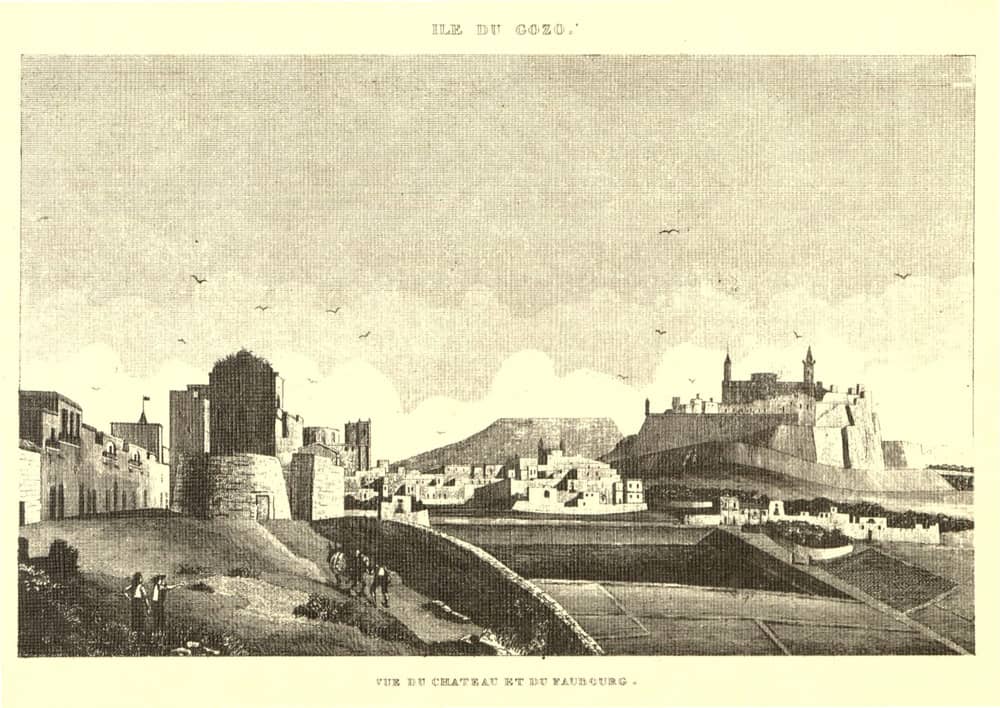
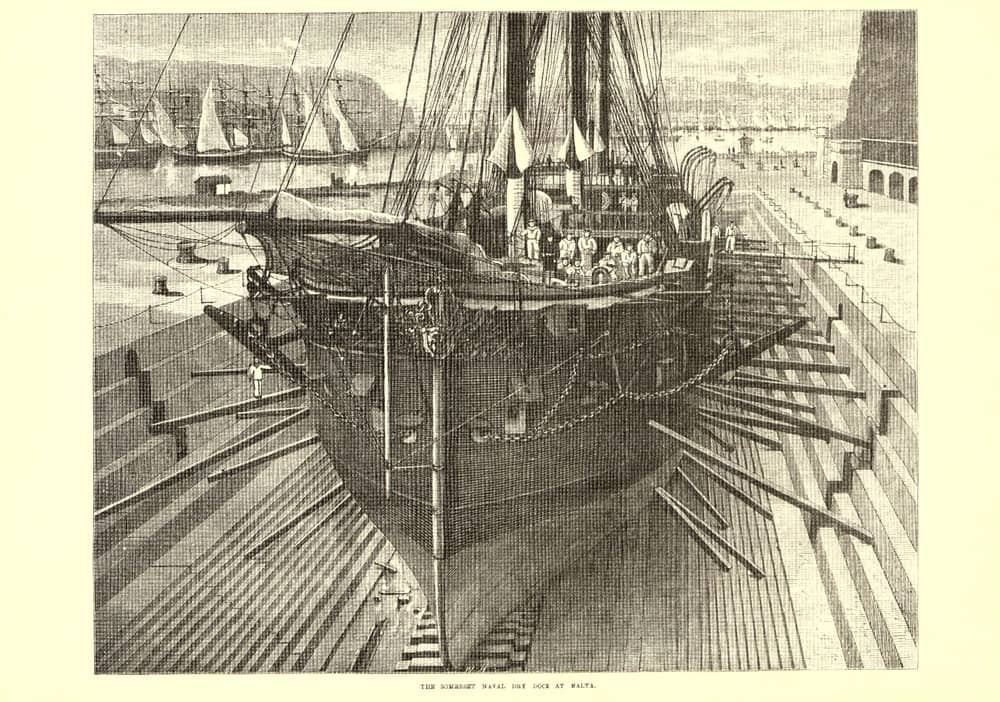

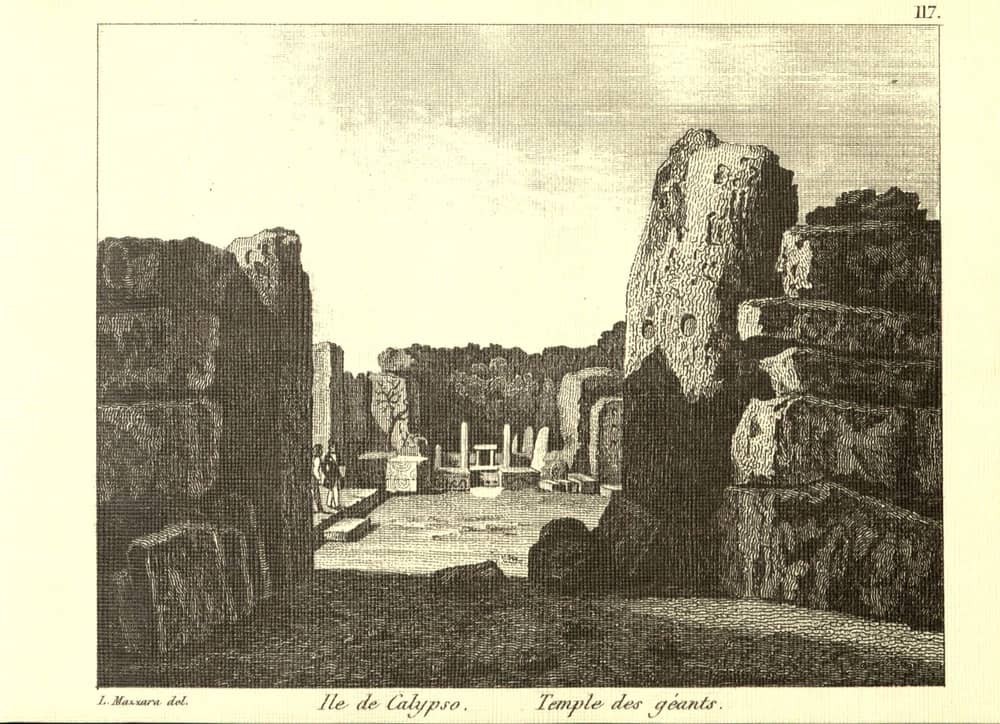
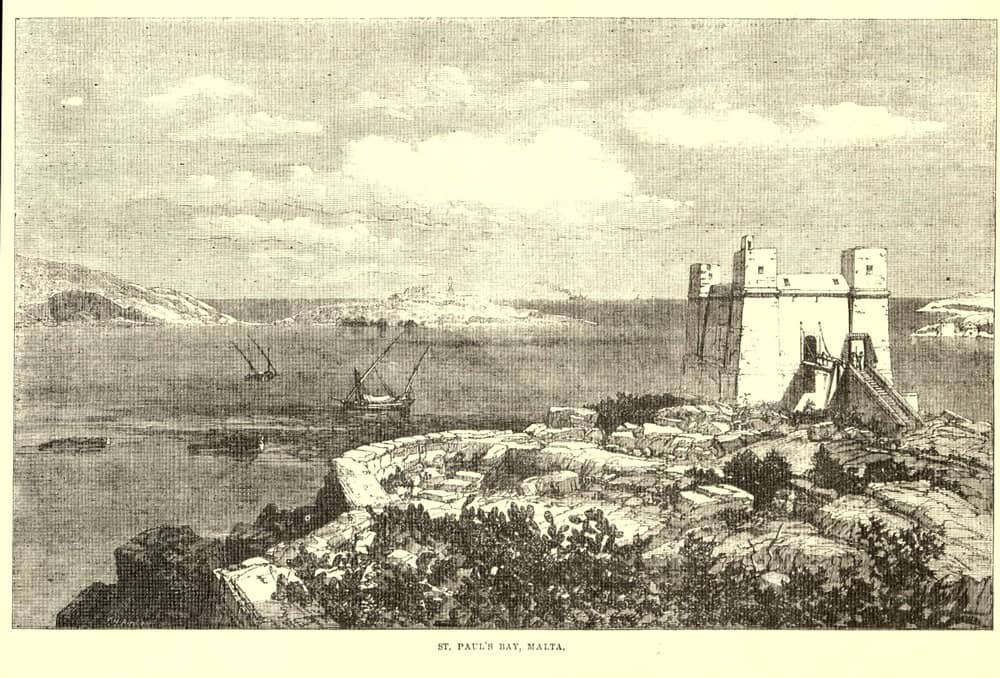
https://www.um.edu.mt/library/oar/bitstream/123456789/110975/1/Postcards_reproductions_of_old_Prints_Malta_1976.pdf
Transforming the Fragile Past into Accessible Knowledge
2023 marks the first digitisation pilot taken up by the Archives and Rare Books Department. The impetus for initiating this project arose with the generous donation of a specialised digitisation scanner to the Library. This device allows librarians to scan delicate and rare materials with minimal physical contact, ensuring their preservation. The resulting scans are automatically saved on their computers, facilitating the subsequent process of uploading the material online onto the UMs Institutional Repository, OAR@UM.
After cropping the scans and implementing Optical Character Recognition (OCR), the librarians add ‘subject-headings’ to the articles so as to enhance students’ capacity to locate relevant materials during their research endeavours. ‘This proved to be particularly challenging for these materials due to their diverse array of languages, including Portuguese,’ expresses Mizzi.
A Glimpse into the Past
The oldest piece among them dates back to the year 1619. These pamphlets provide narratives of significant battles, such as the Battle of Lepanto of 1571, offering insights into casualties, captures, and other aspects.
The earlier materials in this collection consist of pamphlets that served as historical reports detailing various events. ‘The oldest piece among them dates back to the year 1619. These pamphlets provide narratives of significant battles, such as the Battle of Lepanto of 1571, offering insights into casualties, captures, and other aspects.’ Most of these accounts are rooted in the period when Malta was under the governance of the Order of St John. Predominantly, these pamphlets comprise reports and concise descriptions of wars, primarily those fought between the Order and the Muslim empire. There are approximately 20 of these pamphlets in a variety of languages, including Portuguese and Latin. Through the narratives, the librarians can discern the era to which they belong.
Another intriguing subset of materials within this collection consists of sets of photographs, totaling 33 in number, which portray diverse scenes. Among these, there are images depicting the aftermath of the Messina and Calabria earthquake that occurred on 28 December, 1908. Another set of photographs depict Fort St Angelo and the Saluting Battery in Valletta, together with the fish market. Additional materials encompass literature and grammar pamphlets composed in Old Maltese, alongside kurunelli, which are prayer pamphlets dedicated to patron saints, as well as eulogies.
One might ponder the origins of this collection within the UM Library’s Melitensia Department; however, the truth is that its source remains unknown. ‘In the past, anything of historical significance would be directed to the Melitensia Department before the establishment of the Archives Department in the Library. It’s likely that this historical practice is how these materials found their way there,’ notes Mizzi.

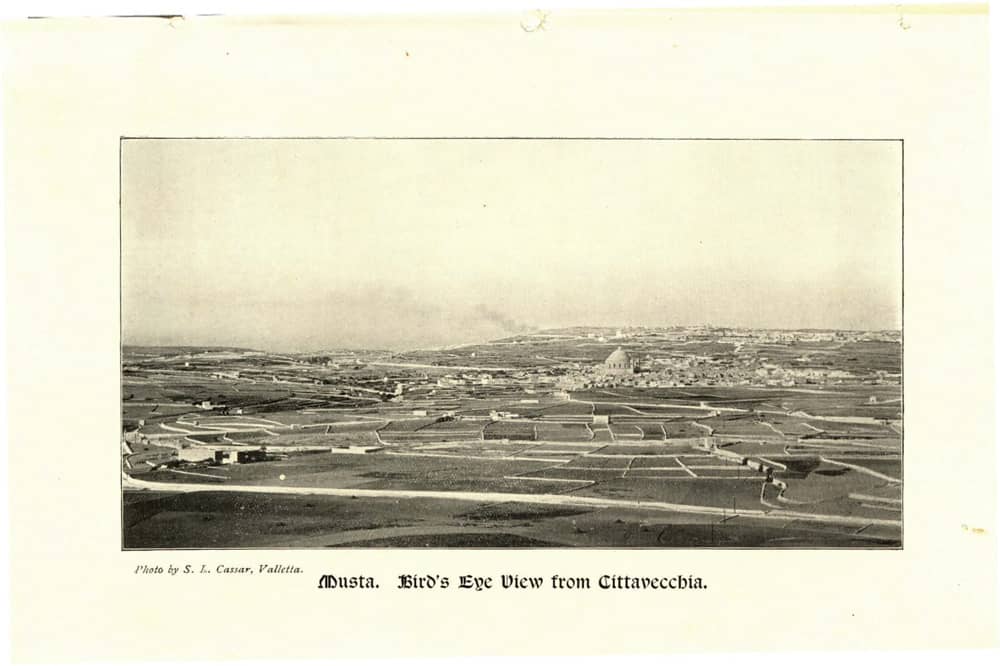
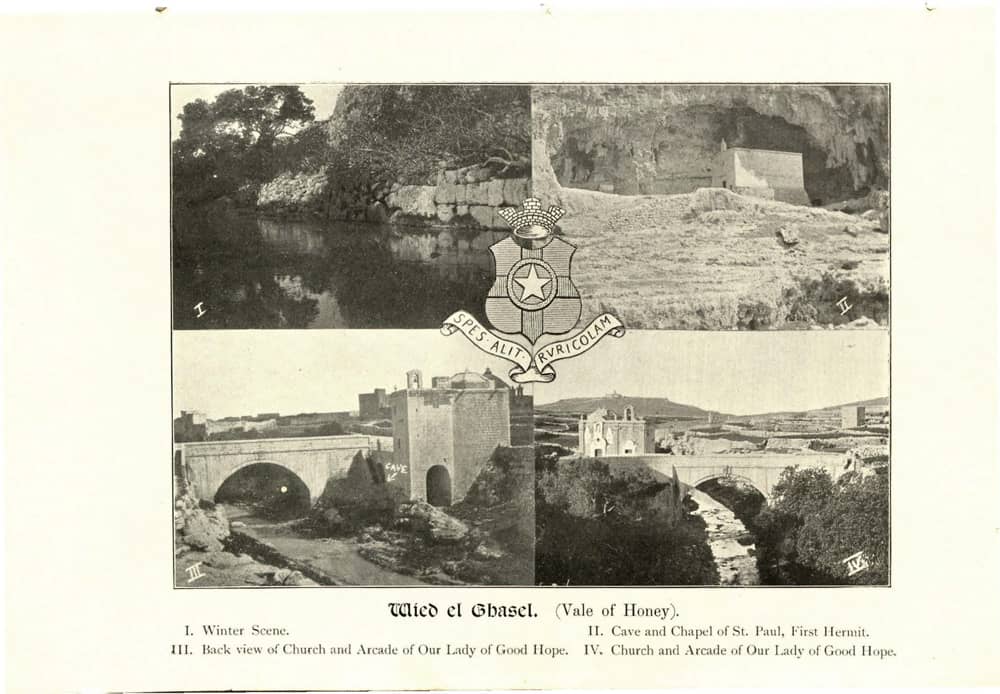
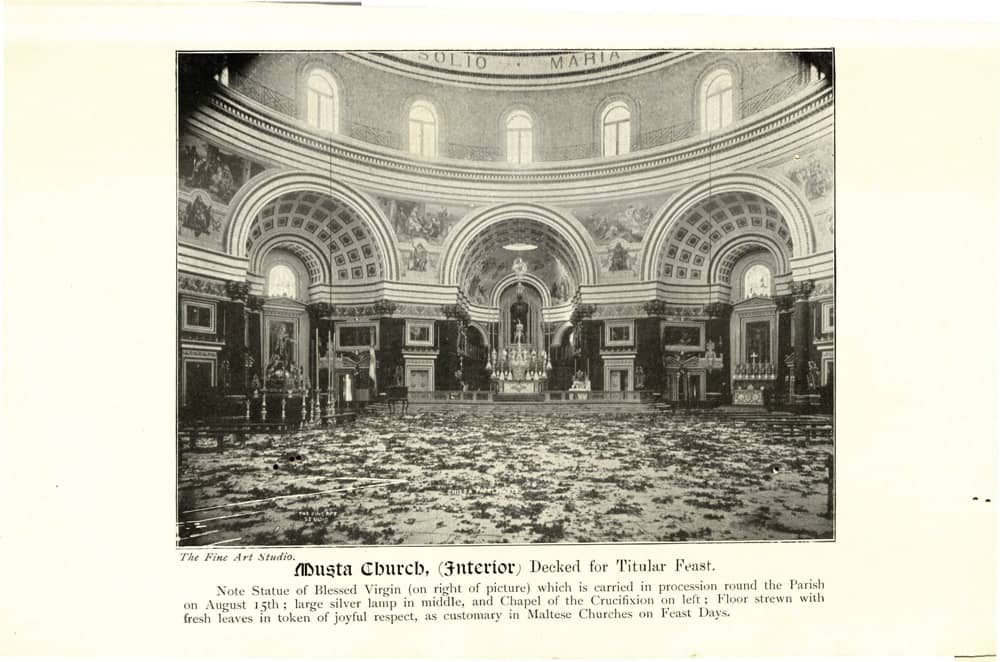
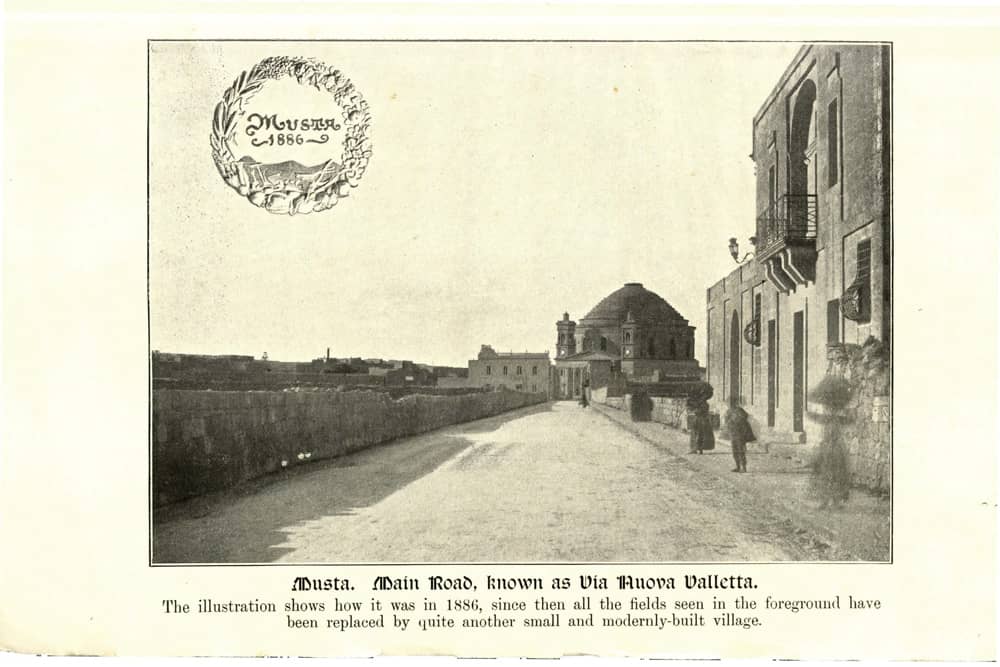
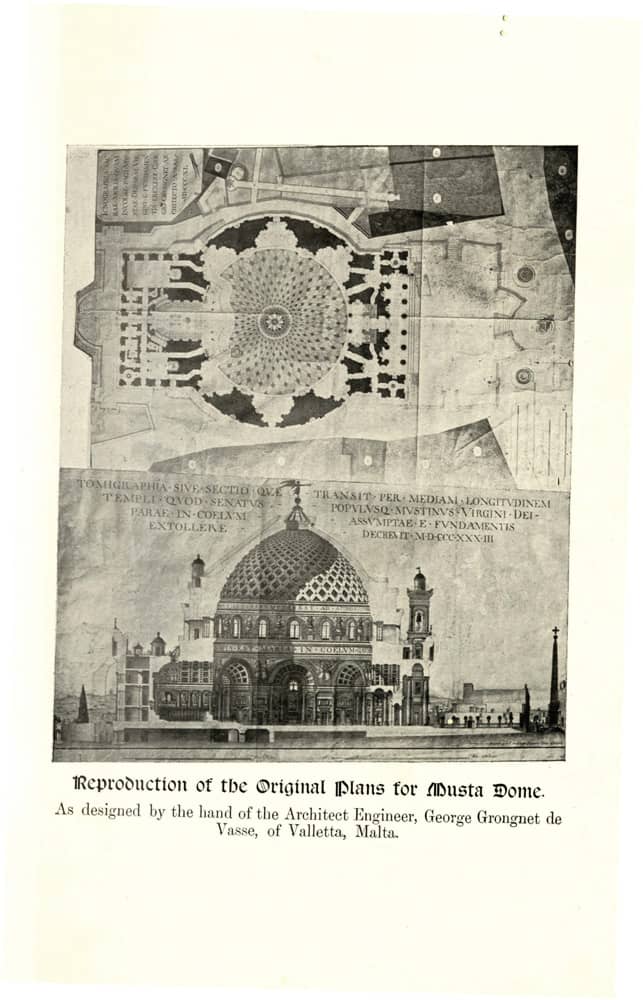
um.edu.mt/library/oar/bitstream/123456789/110360/1/Musta_Its_Memories_and_Charms_1910.pdf
Enabling Research Through Digital Access
After years of being left uncategorised and stored in pamphlet boxes with limited accessibility, these materials are now available online to registered users with a UM account. The benefits of their online availability extend beyond the conservation of physical materials. OAR@UM, along with its specialised subject headings, greatly assists students and researchers in locating specific materials. Furthermore, online availability ensures that students and researchers can access these materials remotely and simultaneously on a 24/7 basis, removing the need to request them in person at the Library.
‘The paramount objective is to preserve our history; without records of these events, we would be bereft of crucial insights into the past, encompassing global customs and the methods of warfare employed. This collection, in particular, has the potential to be a wellspring of inspiration for aspiring young students considering research endeavours in the future.’
Meanwhile, the department is currently engaged in cataloguing and digitising the Library’s collection of opera librettos.
The mentioned collection, together with other digitised archival and rare material, can be found online on the UM’s Institutional Repository, OAR@UM, here.





Comments are closed for this article!